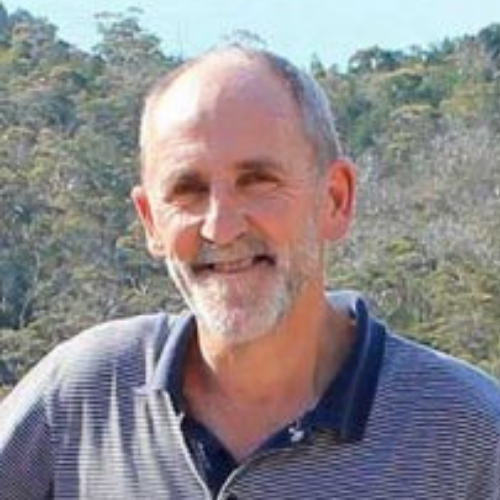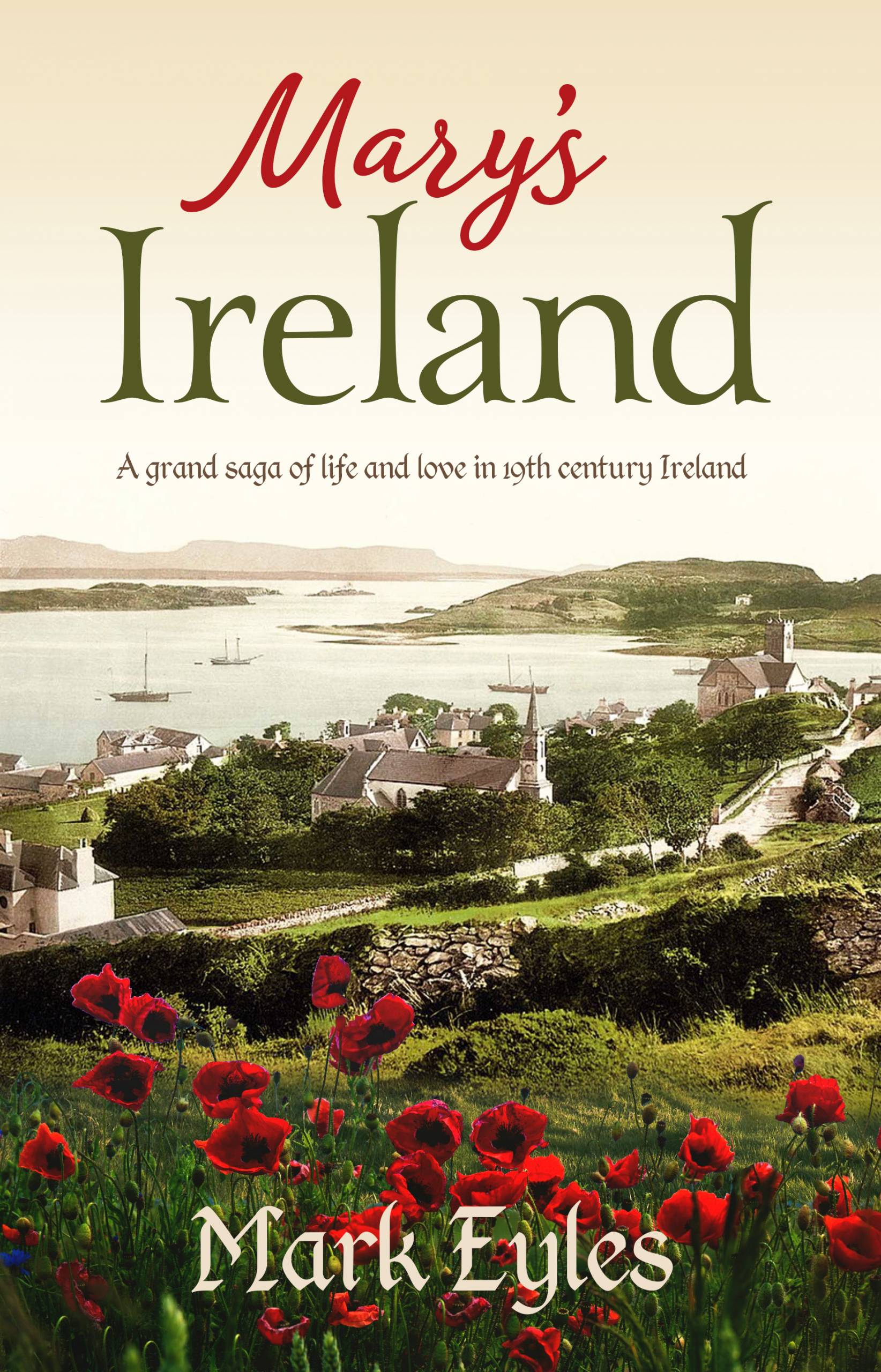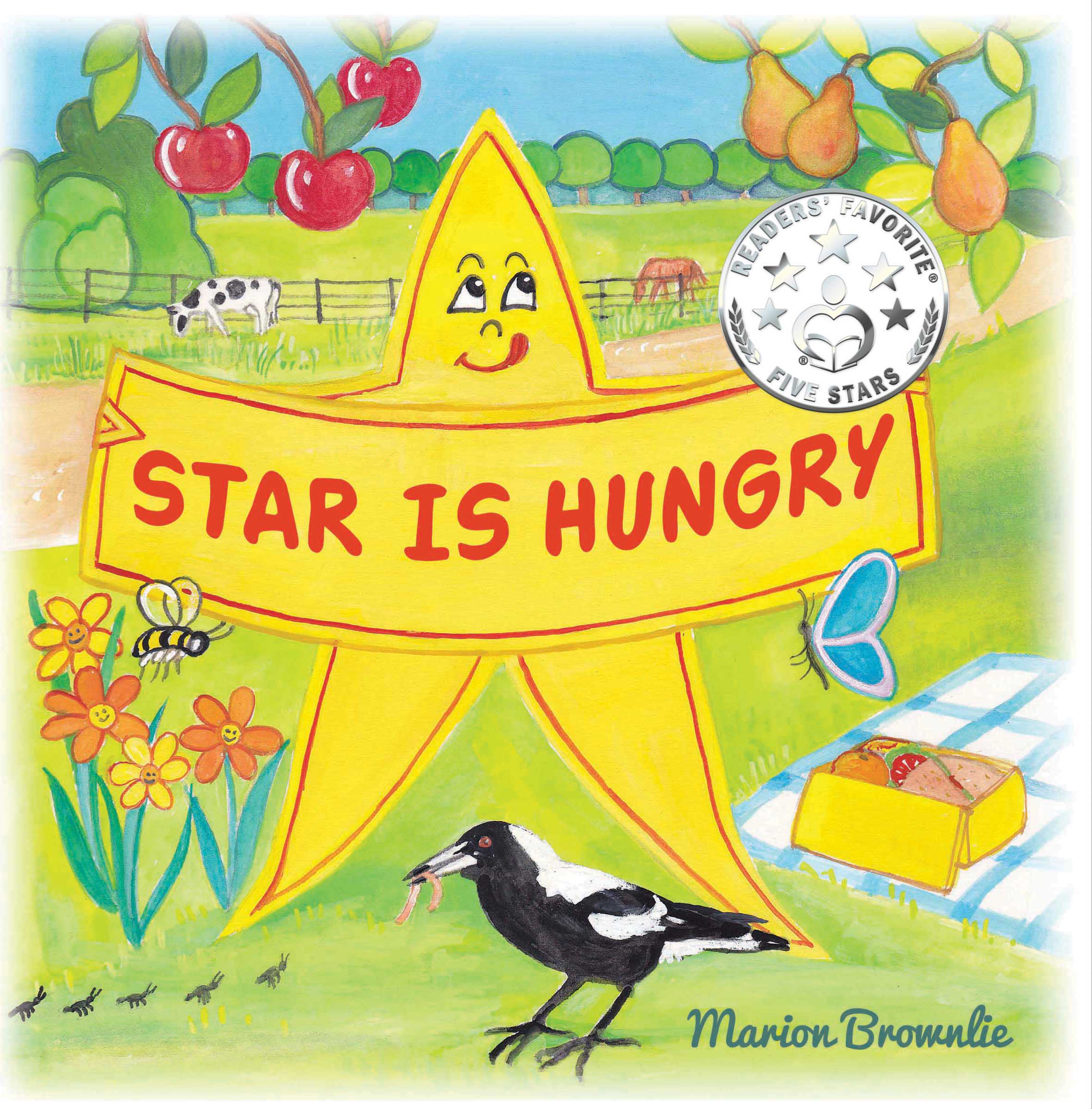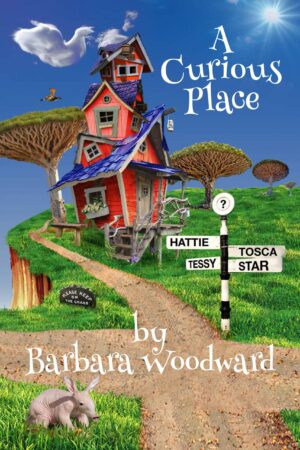Description

Mark Eyles
Mark Eyles
I am a retired Primary School Teacher and Principal. Whilst I began teaching in 1972 in the New South Wales
government system, the majority of my teaching and my school Principalships have been with the ACT Department of Education. I was a Principal for nineteen years and previously a curriculum consultant in social science with the department. Currently I work ‘very’ part-time as the Executive Officer of the ACT Principals Association.
My wife and I raised three sons in the ACT region beginning in the rural town of Gundaroo initially at the former ‘Prickle Farm’ of Mike Hayes fame and then onto a 45 acre bush block of gum trees, kangaroos, birds, dams and acres of fun, family and friends. We returned to suburban Canberra giving the boys their early adulthood in this unique and wonderful city. With the boys now not at home, Toni and I now have much time to travel, garden, surf ‘down the coast’, walk and to enjoy our now larger family including three grandchildren.
Although born in Macksville, the home of cricketer Phil Hughes and VC and BP Pick-a-Box winner Frank Partridge on the mid-North Coast New South Wales, my schooling was largely in Sydney. Childhood and teenage years were fun filled with life in a big family dabbling in schooling, rugby league, cricket, surfing and netball.
I was never a reader in my younger days. Reading was hard, slow and uninteresting…for me. Reading was never modelled to me, except for the Tele’s racing form. It was simply part of school; even then it was only about passing or failing. The reading content of school was well beyond my experiences even as an older teenager. The content precluded my engagement.
Teaching, however taught me much about reading and writing. As a younger teacher, I became set on the challenge of bringing literacy to all children. Whilst engaged in curriculum consultancy work with the ACT Department of Education, I was immersed in the skills and knowledge of a host of brilliant English literacy consultants. As a Principal, I took their teachings to a department school that I commenced and along with a band of wonderful literacy educators set about inculcating literacy as one corner stone of the school, culminating in a national award for literacy development for the school…and successful literacy for most of the kids.
Literacy success for all children is the basis of their access to all other learning and schooling. Beyond the classroom successful literacy will provide access to society. As Professor Brian Cambourne of Wollongong University once said, “We may not be able to change the social wellbeing of any child but we can make them literate and that will be their social justice”.
As a Principal, I needed to write. Obviously most of the writing was form filling but submissions, reports and school newsletters, all of which however allowed my newfound knowledge of and skills in writing to be practiced. Writing became a pleasure. It so challenged and enthused me that in retirement I chose to write. Whilst continuing to write for the ACT Principals Association in my retirement, I now have found time to write fiction.
I wrote an unpublished text, ‘Keep ‘em Laughing…From Polish Peasant to Australian Anzac’. It is somewhat biographical in that it traces the life of my Polish grandfather from his times as a child through days as a sailor to his time in the 1st AIF and the battlefields of Gallipoli and France and onto Australia. Not a great text by any means but through research for that text I stumbled upon the files of the Australian National Archives dealing with the German Concentration Camp on Torrens Island during World War 1. I thus wrote the also unpublished text … ‘Fair, Strict and Impartial’, which I am currently reworking needing to accommodate the fluidity of contemporary comment.
‘Mary’s Ireland’ has given me the opportunity to rework the initial phases and characters of ‘Keep ‘em Laughing’ to develop a better informed and readable work. ‘Fair, Strict and Impartial’ rehearsed an equality platform. ‘Mary’s Ireland’ is a work that hopes to touch on equality with Mary Cannon’s literacy underpinning her access to society, thus becoming her social justice.




